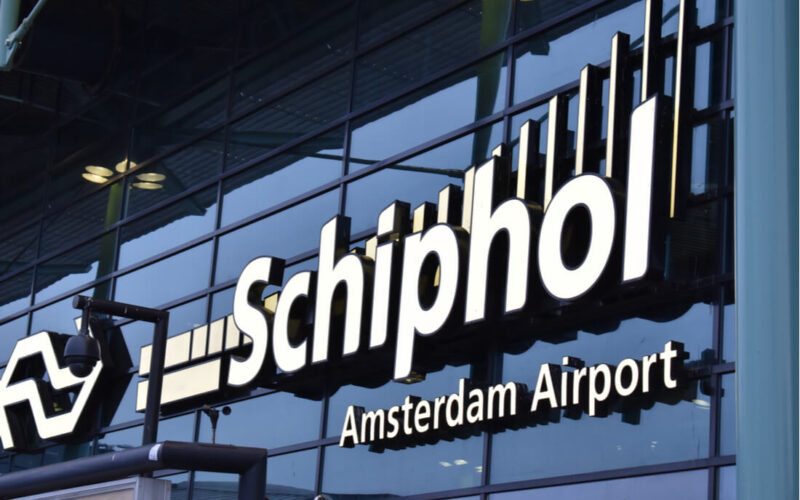Schiphol airport was put on high alert after a “suspicious situation” was declared aboard a plane. Fortunately, the passengers and crew on board were safe: the airline Air Europa later explained that the hijacking signal was sent by mistake.
On the evening of November 6, 2019, multiple gates were closed down in Amsterdam Airport Schiphol (AMS), the third busiest airport in Europe where 70 million passengers transit per year. All flights departing from terminal D and part of those from terminal E were suspended.
The Royal Marechaussee, a Dutch military unit, was deployed. On Twitter, it reported that “a suspicious situation onboard an aircraft” was being investigated. The situation declared was a “Grip 3”, meaning that large groups of people could be at risk.
Op dit moment onderzoeken wij een verdachte situatie aan boord van een vliegtuig op #schiphol. Nadere mededelingen volgen.
— Koninklijke Marechaussee (@Marechaussee) November 6, 2019
Reports of a hijacked flight started emerging. The flight in question was Air Europa UX1094, from Amsterdam to Madrid. The 27 passengers and crew members onboard the Airbus A330 (EC-LQP) were safely evacuated by the military police, which started investigating.
About an hour later, Air Europa published an apology where it revealed the reason for the emergency: a pilot mistakenly triggered the hijacking alarm, most likely by sending a transponder code 7500 by accident. The investigation is ongoing.
#AirEuropaInfo False Alarm. In the flight Amsterdam – Madrid, this afternoon was activated, by mistake, a warning that triggers protocols on hijackings at the airport. Nothing has happened, all passengers are safe and sound waiting to fly soon. We deeply apologize.
— Air Europa (@AirEuropa) November 6, 2019
Air Europa is the third largest airline in Spain, with a fleet of 68 aircraft. The company was founded in 1986 and flies to 69 destinations, including European and long-haul routes to Latin America, the United States of America, the Caribbean and North Africa.
On November 4, 2019, International Airlines Group (IAG) (IAG), the parent company of Aer Lingus, British Airways, Iberia and low-cost carriers like LEVEL and Vueling, has announced that the group was set to acquire Air Europa in order to create a mega-hub in Madrid to compete with other major hubs in Europe. The move is yet to be approved by regulatory authorities.
On January 18, 2019, an EasyJet flight from Lyon to Rennes, France was forced to divert after an anonymous phone call reported the presence of a bomb in the plane. After inspection, it turned out that the bomb threat was a hoax. The caller has been identified as a 23-year-old student that did not want to meet his parents that were onboard the flight.









